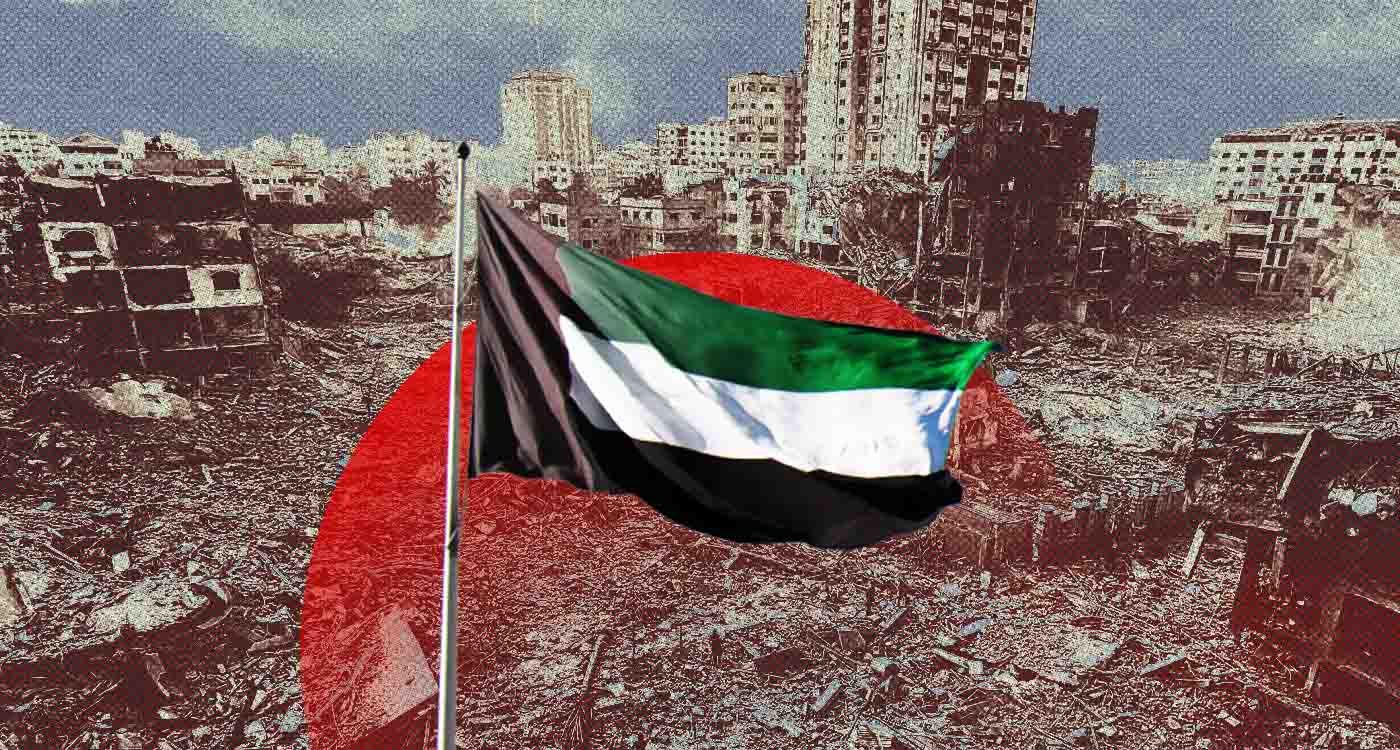- Home
- Middle East
- The Future of Gaza: UAE Faces Reconstruction Challenges

©This is Beirut
As the conflict between Israel and Hamas continues to ravage the Gaza Strip, the territory's post-war future grows increasingly urgent. Since normalizing ties with Israel through the Abraham Accords, the United Arab Emirates has emerged as a key regional actor, positioning itself as a potential partner for the reconstruction and governance of Gaza. However, its involvement depends on strict conditions and a complex diplomatic framework.
Two recent investigations, one by Reuters and the other by CNN, shed light on behind-the-scenes discussions between the UAE, the United States and Israel. These talks explore the modalities of a provisional governance structure for Gaza while highlighting significant differences on the necessary reforms and diplomatic prerequisites.
According to the Reuters investigation, these discussions focus on a transitional period during which the UAE, in partnership with other nations, would oversee the reconstruction and security of the territory until a reformed Palestinian Authority (PA) can assume its responsibilities. However, the diplomats involved clarified that no formal plan has yet been defined.
Is the Ball in the PA’s Court?
The UAE ties its involvement to major reforms within the PA, which it perceives as plagued by corruption and inefficiency. A UAE official, cited by Reuters, stated that their participation would require thorough reforms in the PA and the establishment of a credible roadmap toward an independent Palestinian state.
However, this perspective faces opposition from Israel, which criticizes the current management of the PA, particularly its policies perceived as hostile to the Israeli state.
Another proposal reported by Reuters has sparked controversy: the use of private military contractors in a peacekeeping mission in Gaza. While this option could strengthen security on the ground, it raises concerns among some Western diplomats due to abuses associated with these companies in other conflict zones. The UAE has not confirmed this idea, which remains a source of tension in the discussions.
A complementary report by CNN confirms the UAE’s interest in playing a role in Gaza’s reconstruction but insists on its strict conditions. These include the official appointment of a “credible and independent” Palestinian prime minister, significant reforms within the PA, an explicit commitment from Israel to a two-state solution, and a leading role for the US in the process.
Contrary to Reuters, CNN reports that the UAE has denied any intention of using private military contractors. This clarification underscores the UAE’s effort to maintain its diplomatic image amid a complex political landscape.
Simultaneously, CNN paints a grim picture of the situation in Gaza. Israeli bombardments continue to devastate the territory, causing tens of thousands of deaths and leaving infrastructure in a critical state. The humanitarian pressure is immense as discussions for a lasting ceasefire struggle to reach a conclusion.
Navigating Gaza’s Future: A Diplomatic Tightrope
As the talks continue, divergences between the actors hinder the development of a viable plan for Gaza. By advocating PA reforms and a two-state solution, the UAE aims to play a stabilizing role in the region. However, success hinges on its ability to secure consensus among Israel, the Palestinians and international partners.
For Gaza, the future remains uncertain. Reconstruction will require significant financial and diplomatic efforts, as well as political compromises that few actors currently seem ready to make. In this context, the UAE’s role could prove decisive, but only if it manages to reconcile its conditions with the realities on the ground.
Read more




Comments